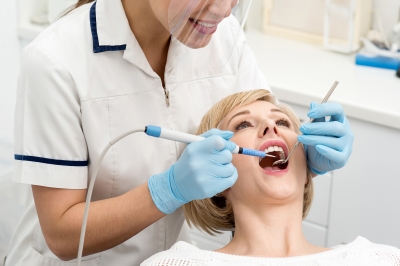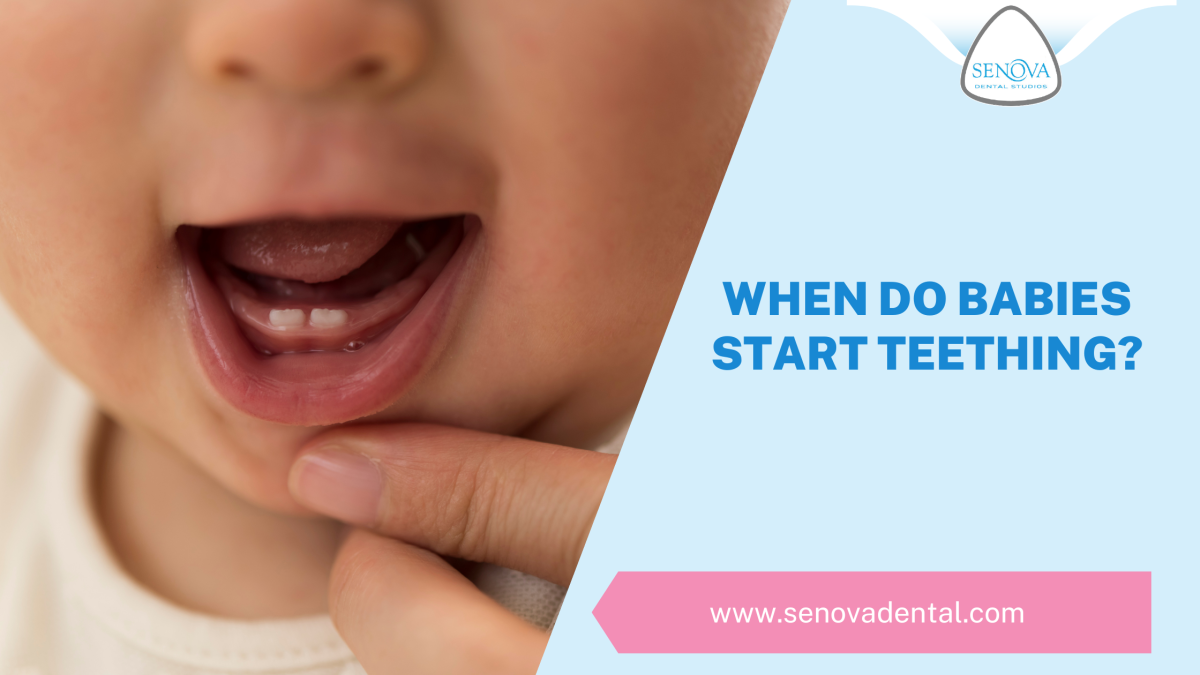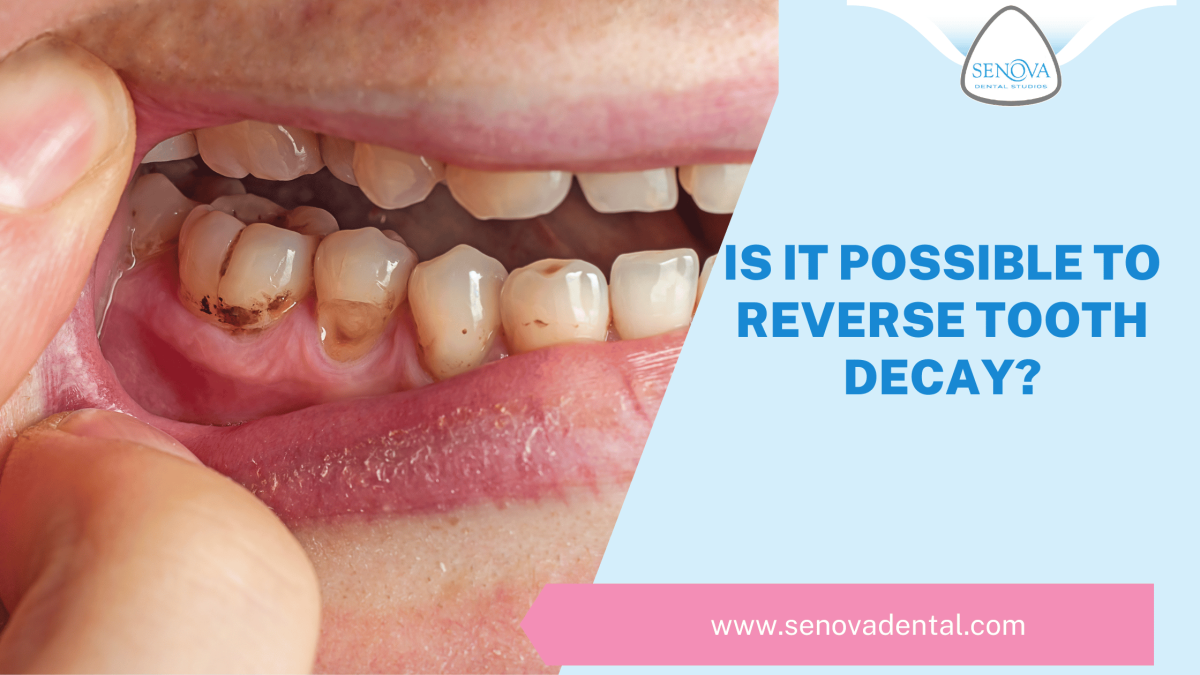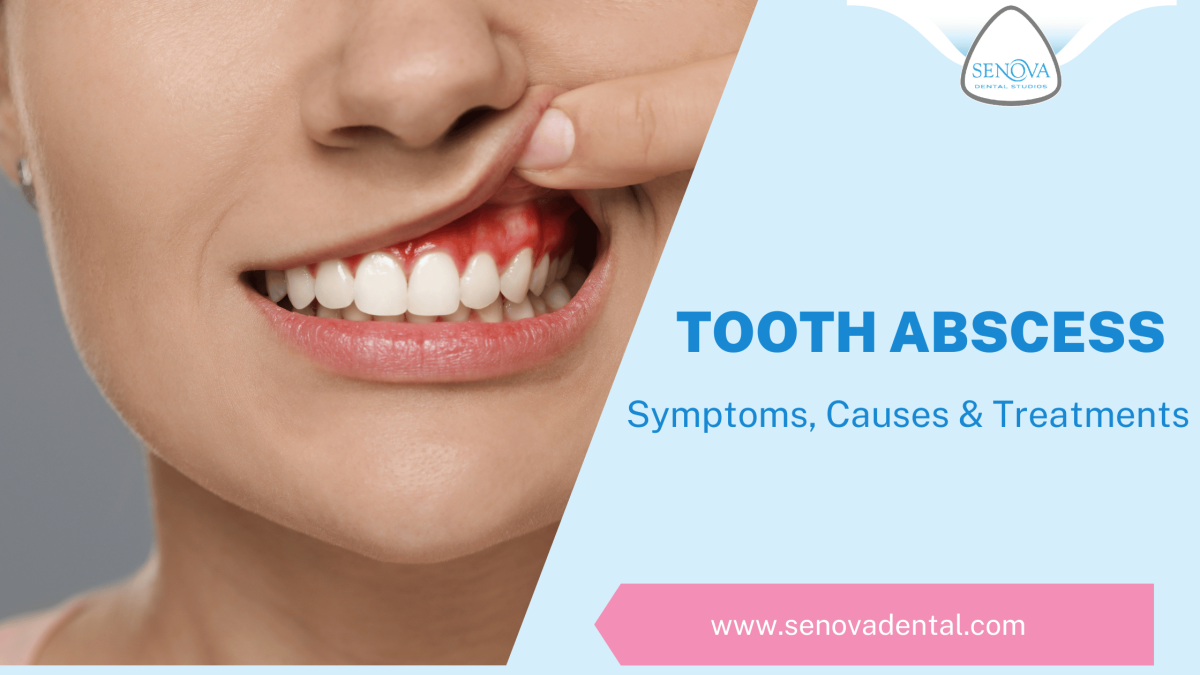
A recent report by www.shieldsgazette.com said that going away to University could be bad for your teeth. They interviewed a leading cosmetic dentist who said:
“For young people away from home for the first time, it’s inevitable that they are going to embrace a party lifestyle, this can lead to dehydration and reduce the flow of saliva, which helps protect teeth, putting people at real risk of acid damage.
Many youngsters then compound the problem by drinking energy drinks to stay awake. Carbonated drinks like these, even sugar-free versions, contain significant acid in the fizz which soften the enamel on your teeth, and if you then brush softened teeth, they wear down really fast. I’ve had patients come home from university after just one term and I can see the damage immediately” – Dr Ken Harris
In light of this recent report it seems like a good idea to go into university life educated about looking after your teeth, so here are our Watford Dentist’s top tips to surviving university with your teeth intact
Wait before brushing your teeth.
If you drink carbonated drinks of fruit juice we recommend that you wait a couple of hours before brushing your teeth. These drinks contain acid and this acid can have a softening effect on the enamel of your teeth. The natural saliva in your mouth will neutralise this acidity and help to restore the natural balance in your mouth, but this process happens slowly and if you drink these drinks in rapid succession your teeth don’t have time to fully recover.
Waiting a couple of hours before your brush your teeth gives you take time to recover and brushing then removes any sticky sugar which may still be attached to your teeth. It’s important to remove this sticky layer as it is upon this that the harmful bacteria which cause tooth decay will feed.
Drink plenty of water.
breakingmuscle.com gives These top 10 tips for why you should be drinking water.
- If you don’t drink water, you will die. It’s that important. Depending on our environment, we can live only a few days without water – maybe a week. We can live much longer without food. For most of us, we should prioritize the consumption of water far more than we currently do.
- Prevent cancer. Yes, that’s right – various research says staying hydrated can reduce risk of colon cancer by 45%, bladder cancer by 50%6, and possibly reduce breast cancer risk as well.
- Be less cranky. Research says dehydration can affect your mood and make you grumpy and confused. Think clearer and be happier by drinking more water.
- Perform better. Proper hydration contributes to increased athletic performance. Water composes 75% of our muscle tissue! Dehydration can lead to weakness, fatigue, dizziness, and electrolyte imbalance.
- Lose weight. Sometimes we think we are hungry, when actually we are thirsty. Our body just starts turning on all the alarms when we ignore it. For those of you trying to drop some pounds, staying hydrated can serve as an appetite suppressant and help with weight loss.
- Have less joint pain. Drinking water can reduce pain in your joints by keeping the cartilage soft and hydrated. This is actually how glucosamine helps reduce joint pain, by aiding in cartilage’s absorption of water.
- Flush out waste and bacteria. Our digestive system needs water to function properly. Waste is flushed out in the form of urine and sweat. If we don’t drink water, we don’t flush out waste and it collects in our body causing a myriad of problems. Also combined with fiber, water can cure constipation.
- Prevent headaches. Sometimes headaches can be caused by dehydration, so drinking water can prevent or alleviate that nasty head pain. Next time your head hurts, try drinking water.
- Make your skin glow. Our skin is the largest organ in our body. Regular and plentiful water consumption can improve the color and texture of your skin by keeping it building new cells properly. Drinking water also helps the skin do it’s job of regulating the body’s temperature through sweating.
- Feed your body. Water is essential for the proper circulation of nutrients in the body. Water serves at the body’s transportation system and when we are dehydrated things just can’t get around as well.
To add to that, when you drink plenty of water it keeps you hydrated which means that the saliva in your mouth flows more freely. If you become dehydrated your mouth has a tendency to dry out and the saliva can’t neutralise any of the acids which naturally accumulate, especially during eating or drinking fizzy drinks.
There has been research to show that there is a connection between the amount of exercise you undertake and your academic success, however, exercising more vigourously will also mean you have a tendency to dehydrate so if you want to achieve academic success and exercise you must also remember to stay hydrated by drinking plenty of water.
How much water should you drink?
Authority nutrition recommend that you drink eight 8-ounce glasses, which is the same as 2L or half a gallon of water per day. If you are exercising you should be drinking more than this.
What to do if you vomit!
We’re not saying you’re likely to do this at University, but the truth is, you probably will! When you vomit there will be acid that will come into contact with your teeth, if you clean your teeth straight afterwards you run the risk of damaging them as they will have been softened by this acid attack. The best thing to do is to rinse your mouth out with clean fresh water and wait a few hours before brushing.
We hope our guide to keeping your teeth healthy at University has been useful. We are a private dental practice in Watford, Hertfordshire offering a range of dental health and restorative treatments for the local people of Gerard’s cross, Bushey, Rickmansworth, Chorleywood and the wider Hertfordshire area.
Acknowledgements:
Source article: http://www.shieldsgazette.com/news/education/why-university-can-be-bad-for-your-teeth-1-7358264
Image courtesy of www.freedigitalphotos.net
- What Kind Of Dentist Does Implants? - December 1, 2024
- When Do Babies Start Teething? - October 26, 2024
- Is It Possible To Reverse Tooth Decay? - September 29, 2024




